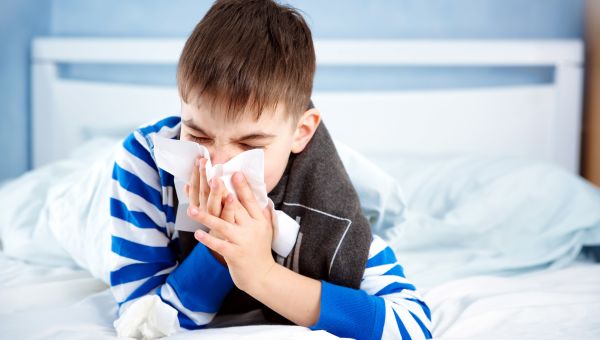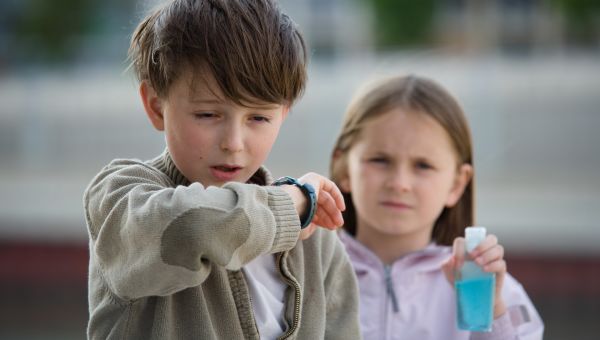Enterovirus D68: top 5 must-know facts
Understand the symptoms and ways to prevent this infection.
Updated on June 10, 2022

Enterovirus D68 (EV-D68) is one of more than 100 similar viruses called non-polio enteroviruses. Although many of these viruses are very common, only small numbers of EV-D68 infections have been seen in the United States since 1987. In 2014, a nationwide outbreak of EV-D68 affecting 1,395 people led to many cases of severe respiratory illnesses in children, especially among children with asthma. Outbreaks occurred again in 2016 and 2018. The 2018 outbreak caused 96 percent of people diagnosed to be admitted to a hospital with 58 percent going to an intensive-care unit. The reason for these spikes in EV-D68 is unknown.
Recent research also indicates that EV-D68 is the probable cause of a spike in cases recorded in 2018 of acute flaccid myelitis (AFM), a polio-like condition that causes sudden weakness in the arms and legs.

What are the symptoms, and how is it diagnosed?
Enterovirus D68 can cause mild to severe respiratory illness. Mild symptoms often include fever, runny nose, cough, sneezing, and muscle aches. Severe symptoms may include wheezing and trouble breathing. It's diagnosed by testing the fluids from a person's nose and throat.
Some healthcare providers (HCPs) and hospitals can test for enterovirus, but most can't do the testing needed to detect specific types of enterovirus, such as EV-D68. The Centers for Disease Control and Prevention (CDC) and some state health departments can do this special testing.

How is it spread?
Enterovirus D68 is found in an infected person's saliva, nasal mucus, or sputum (the liquid that comes up when you cough). EV-D68 can spread when someone with the virus touches, coughs, or sneezes on a surface that is then touched by others.

Can it be treated or prevented?
There's no vaccine and no antiviral treatment for EV-D68. Most people with mild illnesses from enteroviruses get better within two weeks. You can help protect yourself and your loved ones by:
- Frequently washing your hands with soap and water for 20 seconds
- Disinfecting areas in your home that are touched a lot, like toys and doorknobs
- Covering your coughs and sneezes with a tissue or shirt sleeve
- Avoiding close contact with people who are ill
- Staying home when you're sick
If you or your child has a respiratory illness and is having trouble breathing, call your HCP. Some people with severe symptoms from EV-D68 may need to be hospitalized and need breathing support.

Should I be concerned?
The vast majority of people who catch enteroviruses have only mild symptoms or no symptoms at all. Children are more likely to get sick, especially kids with asthma. If you or someone in your family has asthma, the CDC recommends that you review your asthma action plan with your HCP, continue to take your long-term control medication, and always carry your rescue medication. If asthma symptoms get worse and don't improve with medication, call your HCP right away.

Centers for Disease Control and Prevention. Enterovirus D68. Last reviewed: August 11, 2021.
Fall A, Kenmoe S, Ebogo-Belobo et al. (2022) Global prevalence and case fatality rate of Enterovirus D68 infections, a systematic review and meta-analysis. PLoS Negl Trop Dis 16(2): e0010073.
